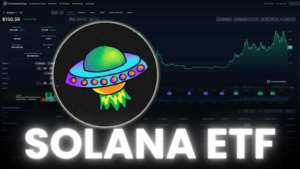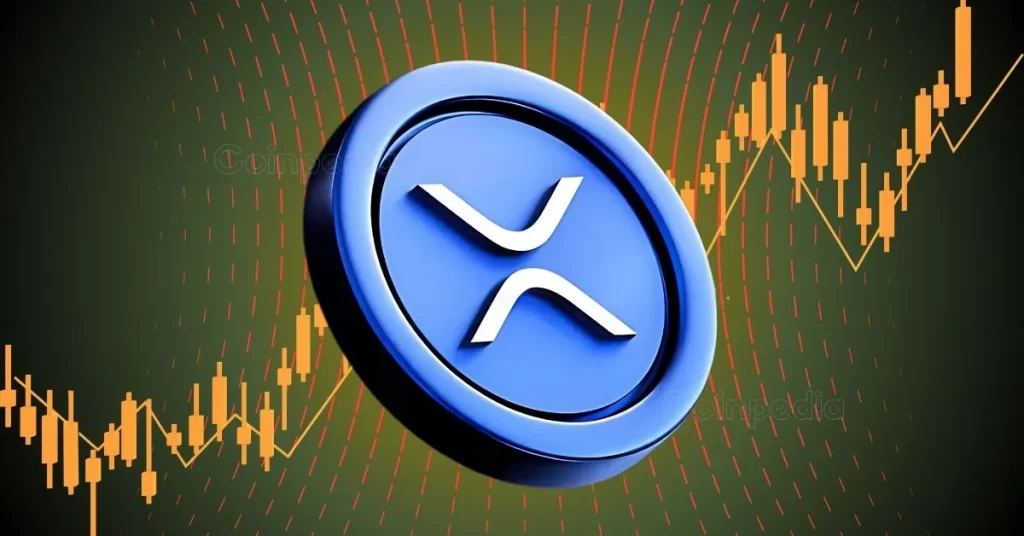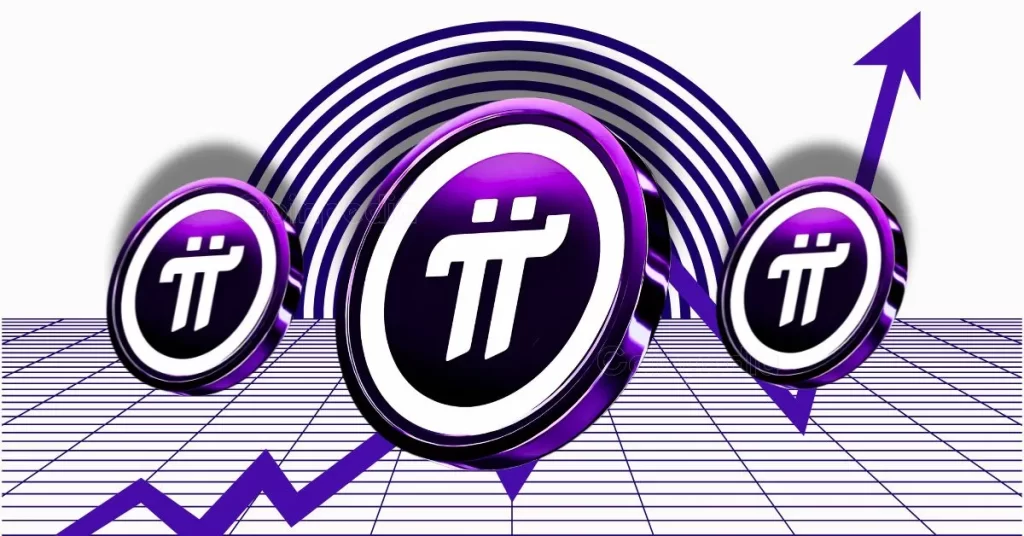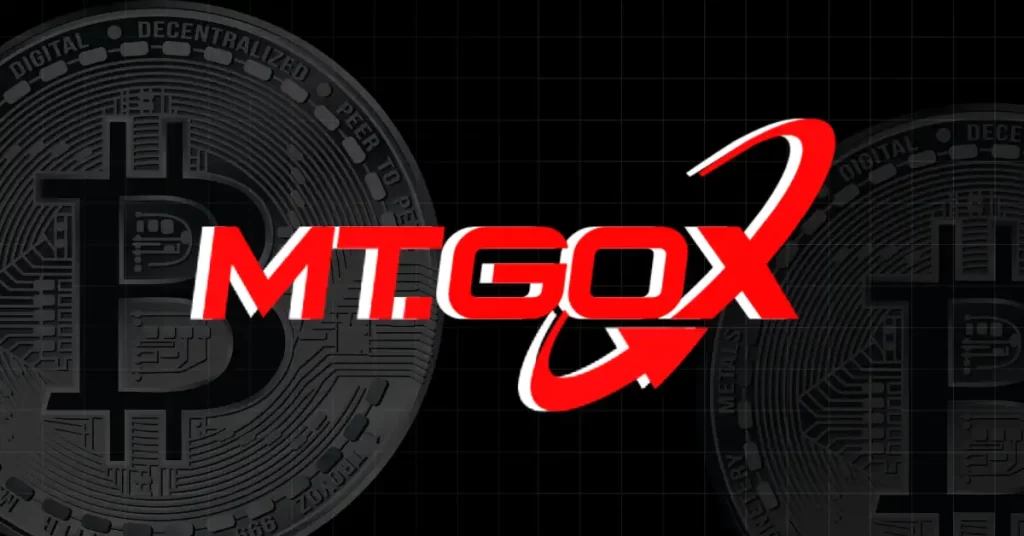
Coinbase is exploring the possibility of introducing tokenized COIN shares on the Base network, aiming to simplify access to digital assets in the United States, but significant regulatory challenges remain.
Let’s see all the details in this article.
Coinbase might host COIN shares on its own layer-2 Base for American investors
Coinbase, one of the world leaders in the cryptocurrency sector, is considering an initiative that could mark a turning point in the market of tokenized assets. Namely, offering tokenized versions of its shares, COIN, to U.S. users.
The platform designated for this innovation would be Base, the layer-2 network of Coinbase built on Ethereum. This move, currently in the exploratory phase, was announced on January 3 by Jesse Pollak, developer of Base, through a post on platform X.
Tokenized COIN shares are not new for international users, who can access them through platforms like Backed. However, extending this service to the United States requires a targeted approach that complies with local laws.
Pollak emphasized that there are still no definitive plans, but Coinbase’s goal is to align with a vision in which “every asset in the world will be on Base”.
The global market of tokenized assets, estimated at 30 trillion dollars, represents an unprecedented opportunity for companies operating at the intersection between traditional finance and blockchain.
Colin Butler, of Polygon, highlighted how tokenized assets are increasingly seen as a bridge between these two worlds.
Regulatory challenges
Despite the potential, the regulatory landscape in the United States remains uncertain. Pollak reiterated the importance of obtaining greater clarity from the authorities to ensure that assets like COIN can be brought onto Base in a safe and compliant manner.
This is a crucial aspect, given that many other global jurisdictions are advancing more rapidly in terms of regulation.
The necessity of a clearer legislative framework has also been highlighted in a recent research note by Citi. Although some progress has been made, the United States lags behind other nations, hindering the large-scale adoption of tokenized assets.
According to Citigroup, the tokenization market could reach 16 trillion dollars by 2030, with more conservative estimates suggesting a figure between 4 and 5 trillion dollars.
Recognizing this potential, companies from various sectors are investing significant resources in the tokenization of real assets.
An example of success is represented by protocols like Propy, specialized in real estate tokenization, and platforms like Toucan and KlimaDAO, which operate in the digital carbon market.
These projects demonstrate how public and private blockchains are progressively including a variety of assets, opening new possibilities for investors and companies.
Coinbase and the future of RWA
COIN shares have recently experienced a remarkable growth, surpassing 300 dollars for the first time since 2021.
All this is also thanks to a more favorable market perception towards the Trump administration, which could ease regulatory pressures on the crypto sector.
With this initiative, Coinbase not only aims to strengthen its position in the market of tokenized assets, but also contributes to defining a future where blockchain becomes an open platform for every type of investment.
However, the success of this strategy will largely depend on the ability of the United States to create a more favorable regulatory environment.
In summary, although the Coinbase project is still in its early stages, its potential to revolutionize the market of tokenized assets in the United States is undeniable.
Future developments will be determined by a combination of technological innovation and regulatory advances, making this initiative one of the most anticipated in the blockchain sector.

 1 month ago
35
1 month ago
35









 English (US) ·
English (US) ·